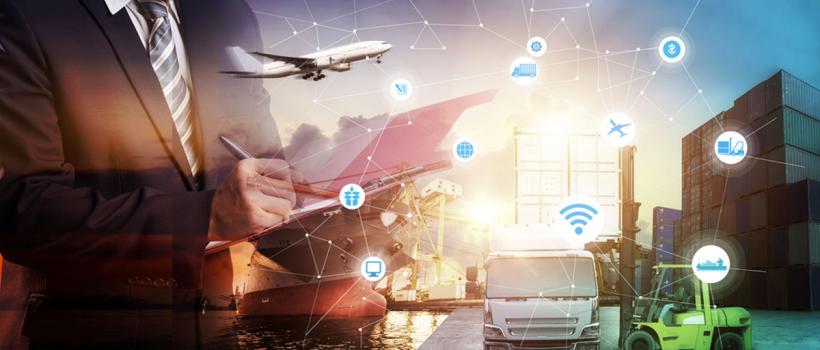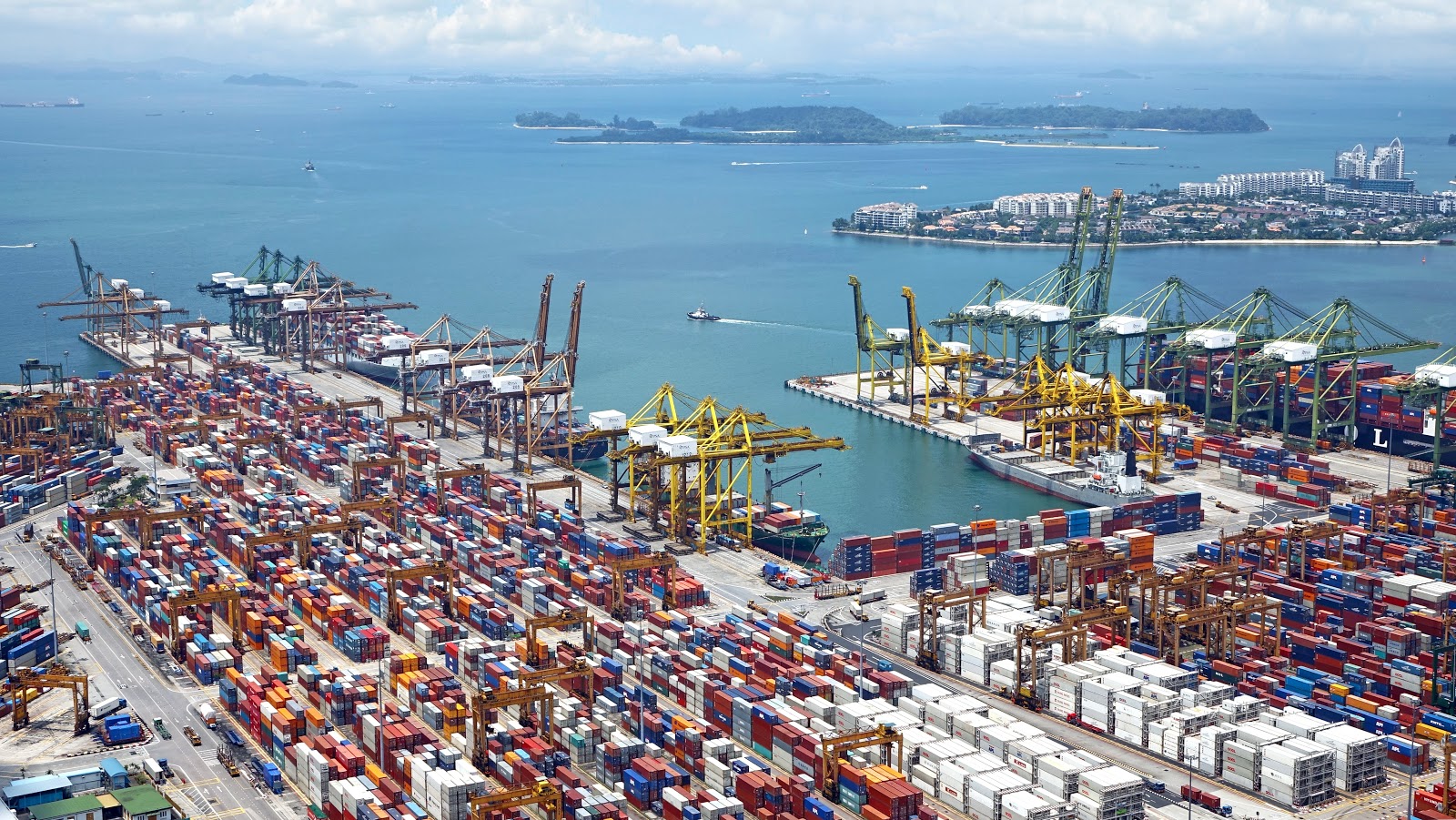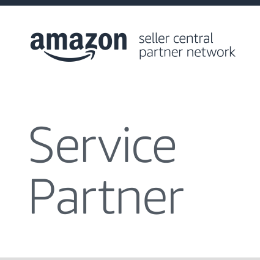
Is e-commerce business in international markets something your brand should consider? Let’s find out.
E-commerce is one of the most effective and cost-efficient ways to do business in international markets. There are many emerging markets out there--but for e-commerce, nowhere is booming like Latin America. According to Focus Economics, Latin American online sales will grow an average of 19% over the next five years, led by the economies of Colombia and Argentina.
If you’re looking to expand your e-commerce company to Latin American countries, there are five basic questions you need to ask yourself before you begin. Learn how to up your game to successfully break into these promising markets.
1. How Will Tariffs and Customs Affect Our Business?
Doing business in international markets means you’ll have to deal with tariffs, duties, and customs processes. The costs associated with selling your products on foreign soil depend on what you’re selling and the trade agreements between your country and the destination economy.
The North American Free Trade Act (NAFTA) has reduced or eliminated tariffs on many items shipped between the U.S., Mexico, and Canada--but companies still need to follow regulatory requirements to avoid penalties. Make sure to determine whether your products are subject to additional costs, so that you can set the right price.

When it comes to shipping goods to Latin America, there isn’t a standardized system for classification of goods to determine duties. That’s why it’s important to familiarize yourself with the particular rules of each country you’re shipping to. Specific classifications and associated duties will vary depending on your destination, so make sure to do your homework.
Once you know how your products are classified, you can determine how your goods will be taxed.
2. Do We Have the Right E-Commerce Logistics Partner?
As an e-commerce company doing business in international markets, it’s unlikely that you have offices and employees in these countries. That’s why it’s important to have the right partners on your side with experience in the regions to which you’re expanding product sales.
SkyPostal has nearly twenty years of experience in Latin America, and our extensive network of private couriers and logistics technology can help any company break into this emerging market.
Franklin Sluis, CEO of Curaçao Post International (C-Post), spoke to us about the importance of finding the right partner:
“We took our strength as logistic specialists and combined it with e-commerce capabilities offered by partners such as SkyPostal who has provided us with one of our most successful services: www.cpost.puntomio.com. This partnership has enabled C-Post to employ its most valuable resources into durable solutions that have provided profitable and increasing revenue streams.”
Find a logistics partner that specializes in the region to ensure that you get the best service—for you and your customers.
3. To Third-Party Fulfill or Not to Third-Party Fulfill?
As an e-commerce retailer, you’ve probably already had the in-house vs. third-party fulfillment center debate. But when you start doing business in international markets, it’s worth having that discussion again.
Third-party fulfillment centers can reduce your costs and delivery time. SkyPostal provides fulfillment center services from strategic points around the world to offer the most direct access to your end destination. Do a cost-benefit analysis to make sure you’re not wasting time and money with in-house fulfillment.
4. How Do We Solve a Problem Like Currency?
When conducting business in international markets, how you handle currency exchanges can have a big impact on your bottom line.
Quickbooks has several suggestions to address this problem, including opening a foreign currency account if you do a lot of business in a certain currency, or using a multi-currency accounting tool to track your sales and expenditures.
5. Do Our Latin American Customers Receive a World-Class Logistics Experience?
Customers in the U.S. and Europe have a wide variety of choices when it comes to e-commerce shipping, but many customers in Latin America don’t get the same experience.

At SkyPostal, we’ve pioneered TechSync, technology that gives companies and their customers the benefit of real-time tracking on their packages. Coupled with our extensive network of private couriers who ensure speedy and accurate final mile deliveries, we’re helping companies deliver a world-class logistics experience to their customers.
Don’t underestimate the value of a great customer experience for deliveries. Ensuring transparency and speed for your customers is key to their satisfaction.
Wrap Up on Business in International Markets
Are you looking to bring your e-commerce business to Latin America? Contact us today to learn how SkyPostal can help you succeed in the region.

